Some time ago, I had a long debate with one of my fellow cinephiles on the importance of music in cinema. He was of the opinion that music is one of the most important elements in cinema and plays the key role in storytelling. While I’ve always appreciated great music in films, I do think a film can be thoroughly engaging without the faintest melody. The power of storytelling primarily rests on visual aesthetics and character work but there are very few filmmakers who’ve taken advantage of these aspects and quite often the music becomes a mere manipulative device to engage the viewers. This may or may not work depending on how a filmmaker uses it and to what extent. Today we take a look at the list of top movies that feature no musical soundtrack or background score at all.
15. Interiors (1978)
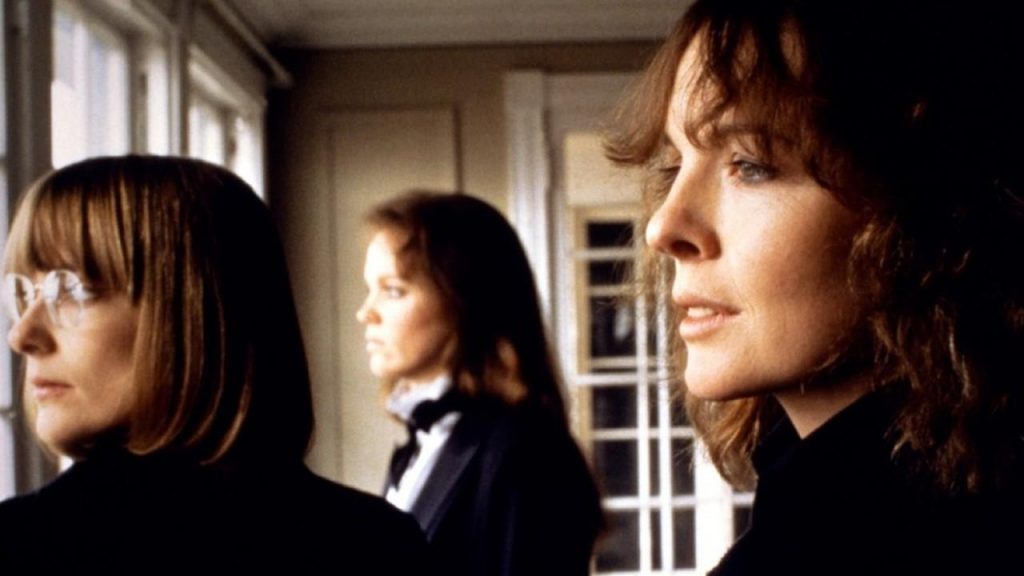
Woody Allen’s dark family drama was a startling tonal shift from his earlier rom-com flicks that kind of established his identity as a filmmaker. The style and aesthetics here are very Bergman-esque and Allen tones down his famous humour in favour of a more assured, darker exploration of the human condition. There is no music in the film but Allen carries the weight of emotions with astounding control and remarkable depth. It lacks the fun and vigour of Woody Allen’s other works but nevertheless it’s a fascinating experiment that manages to resonate with you on many levels.
14. Rope (1948)
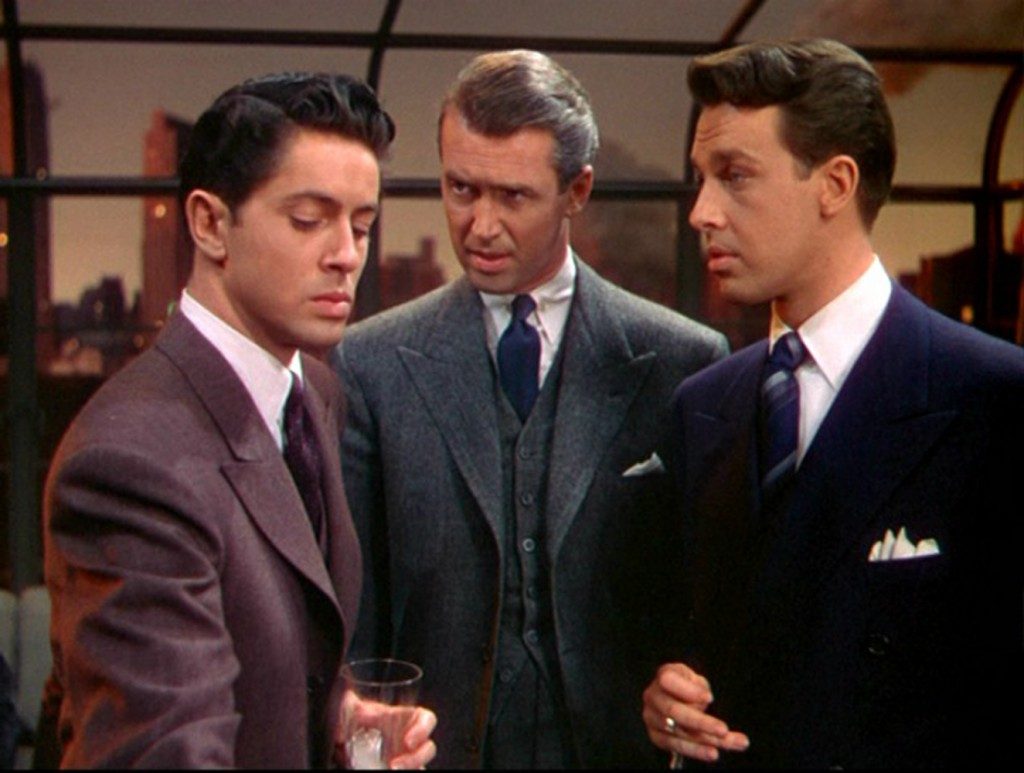
Alfred Hitchcock’s infamous experiment didn’t initially sit well with fans and critics but has managed to find a unique place among the many classics he made in his long, prolific career. ‘Rope’ is Hitch at it his most daring and experimental as he abandons music, an aspect that made his films so tense and incredibly atmospheric, and shifts to a more visually sophisticated storytelling style. The film takes place in real time and is edited in way that makes the long takes look like a single continuous shot which was what Hitchcock initially wanted the film to be. It heightens a sense of realism unlike most of his other works which had this certain shock appeal that slightly distanced you from the reality of his settings.
13. Beyond the Hills (2012)
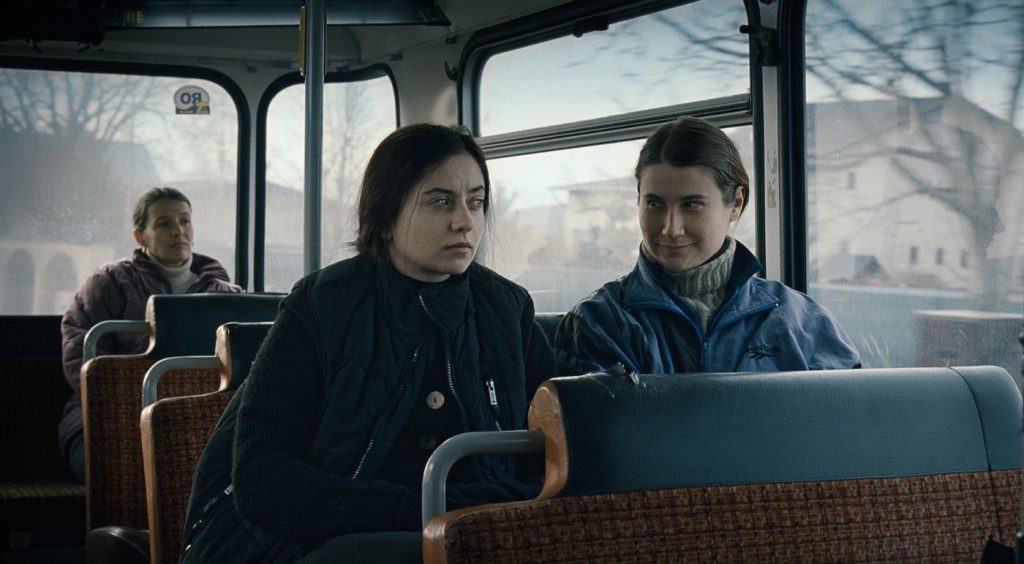
Arguably the most underrated work from the highly distinguished oeuvre of Romanian director Cristian Mungiu, ‘Beyond the Hills’ depicts the relationship between two women who grew up together. One would later move to Germany in search of a better life and the other would go on to become a nun at Orthodox Church. Shot in true Mungiu fashion with some neat camera work and fascinating emotional restraint, the film does not feature the use of a musical score which goes perfectly well with the naturalistic tone of the narrative. Watch it for its sheer emotional depth, intriguing realism and exquisite craftsmanship.
12. M (1931)
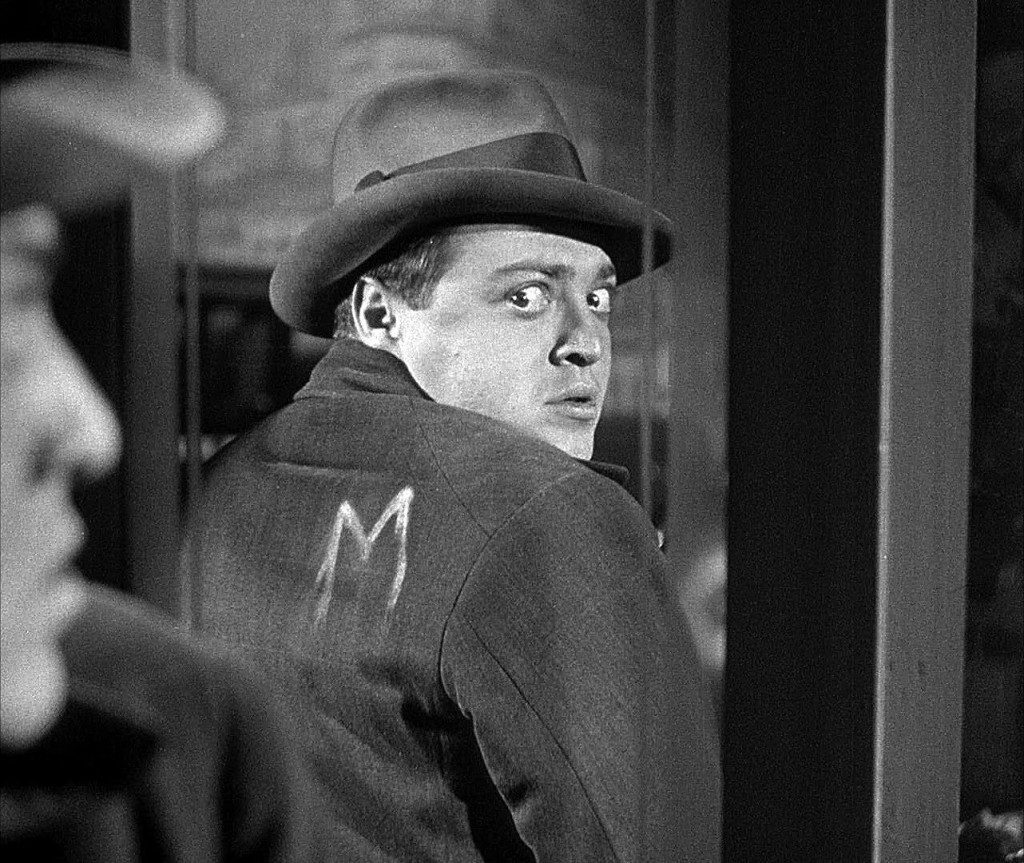
Widely regarded as one of the greatest films ever made, ‘M’ tells is about the investigation of a serial killer of children who has gone untraced. The criminal underworld also join the police for the investigation. There was rarely anything conventional about whatever Fritz Lang did and he has never been the biggest proponent of using music in films. ‘M’ has a very intriguingly creepy atmosphere that implies the looming horror as Lang uses silence to intensify the maddening tension of the scenes. The technique works brilliantly as Lang crafts a timeless cinematic masterpiece that still manages to terrify and frighten you with its controlled intensity.
11. Dog Day Afternoon (1975)
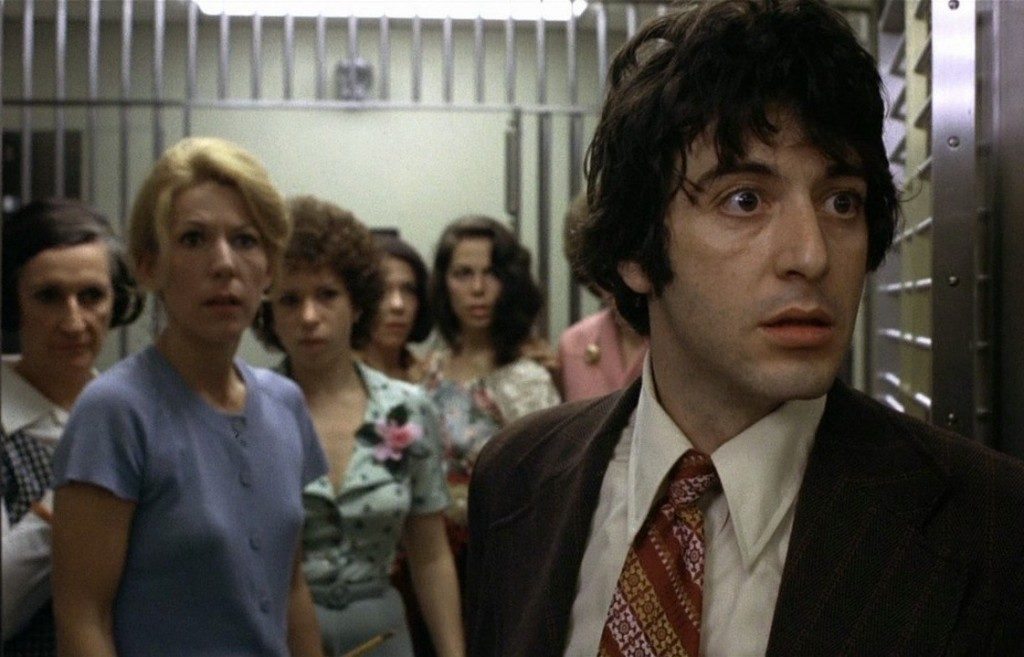
The first time I finished watching ‘Dog Day Afternoon’, I didn’t realise that I had seen a 2 hour long film set almost entirely inside a freaking bank with absolutely no musical score. That’s how brilliantly riveting and engaging this Sidney Lumet gem was. Based on a true story, ‘Dog Day Afternoon’ revolves around two men, Sonny and Sal, who carry out a bank robbery in order to pay for Sonny’s lover’s sex change operation. The lack of music brings in a feel of authenticity and realism that a story as powerful and realistic such as this demands. The film is carried on by the genius of Al Pacino who is well complimented by a vulnerable John Cazale.
10. Two Days, One Night (2014)
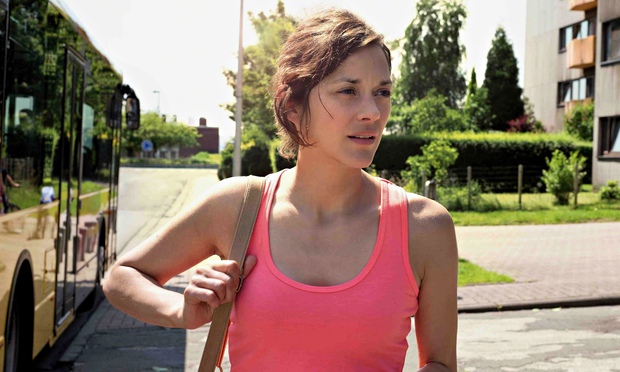
The Dardenne Brothers’ naturalistic style may, at times, come off as emotionally dry and aesthetically bleak but ‘Two Days, One Night’ remains a very powerful, humanistic drama that displays the duo’s remarkable control over character driven storytelling. The film depicts the struggle of a woman suffering from depression who gets back to her job only to realise that her co-workers have been benefiting from her absence as they receive bonus for working overtime. She has only a weekend to get her colleagues into giving up their bonuses so that she can get back to work. The film uses no score but every single scene is crafted with an incredible amount of tension and a very restrained sense of dramatic power that thoroughly engages you in the story.
9. Winter Light (1963)
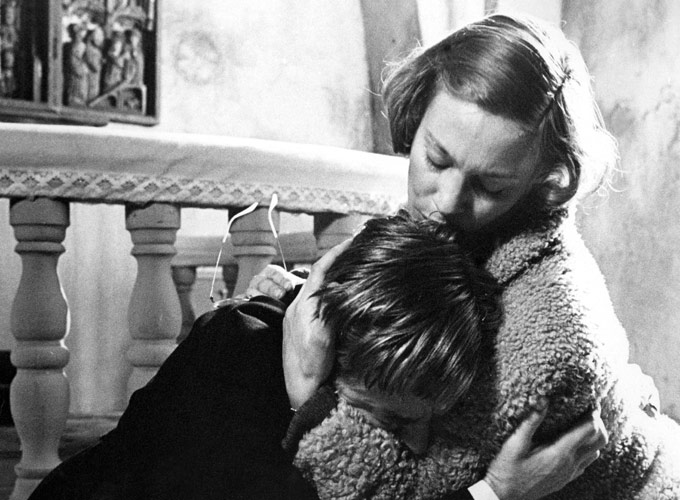
Ingmar Bergman had this rare ability to soak you in emotions that overwhelm you with a very profound sense of humanity that is both disturbing in its intimacy and invigorating in its bizarre beauty. ‘Winter Light’ explores familiar Bergman themes of existentialism and faith. The film is devoid of any kind of music as Bergman creates a very bleak atmosphere that reflects the disquieting vacuum plaguing the protagonist. The film is a very profound exploration of faith and man’s complex relationship with god and Bergman, known for his visually unrestrained, emotionally outpouring style, adapts a more subtle approach here and achieves a level of simplicity that still has an emotionally resounding impact.
8. Uzak (2002)
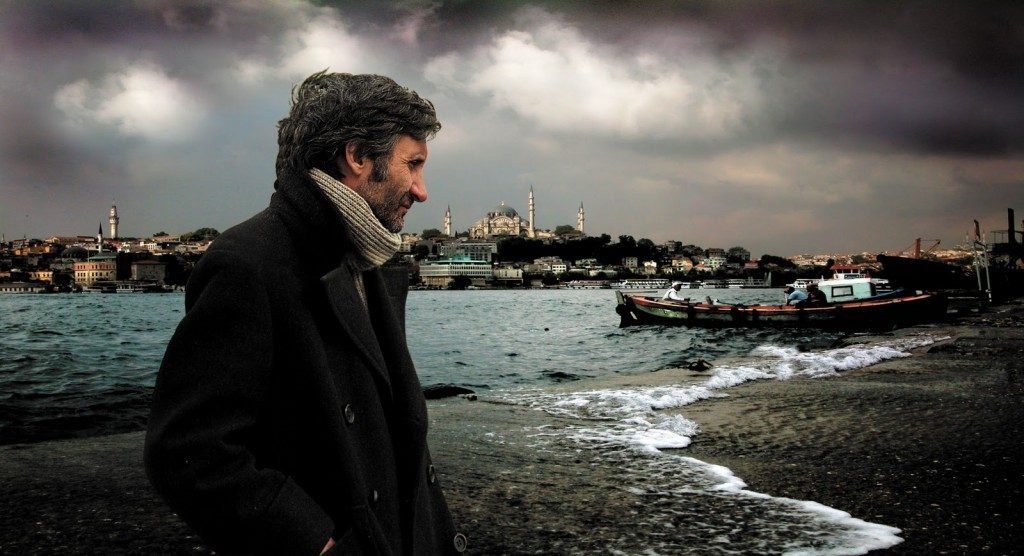
The brilliance of Nuri Bilge Ceylan’s ‘Uzak’ lies in the way Ceylan explores the visuality of cinema. The narrative, as the title suggests, is very cold but that is exactly what the film is all about. That sense of emotional detachment from people and the things closest to us we, as human beings, experience at a certain juncture in our lives. With very few dialogues and no music, Ceylan’s minimalist style can seem quite challenging but not so when you are willing to emotionally pour yourselves into the deeply contemplative spaces he creates.
7. A Separation (2011)
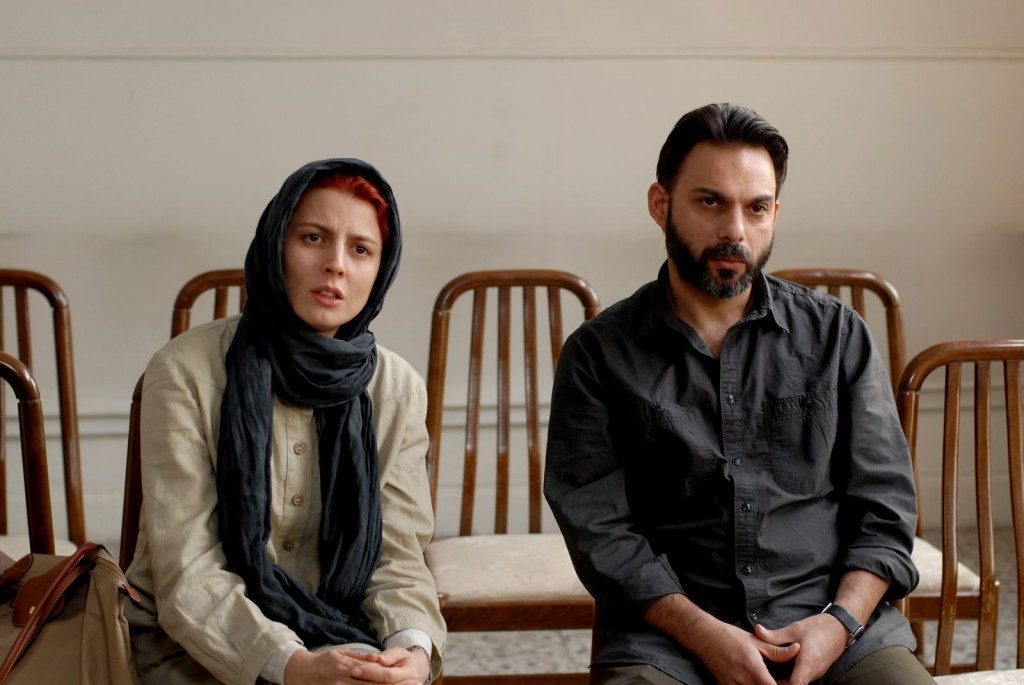
Why do you need a score when there’s Asghar Farhadi? Honestly though, there are very few filmmakers who could keep you on the edge with the raw, devastating power of human dramas. The brilliance of Asghar Farhadi’s ‘A Separation’ lies not in the story but in what it does with it. ‘A Separation’ may seem like a traditional divorce drama but the way it unfolds the story, peels every single layer off of its characters and questions their morality are stuffs only a filmmaker like Farhadi could have pulled off. There is no music in the film but the tension built up in every scene is palpable and you forget everything else, completely engrossed in the film.
6. 4 Months, 3 Weeks and 2 Days (2007)
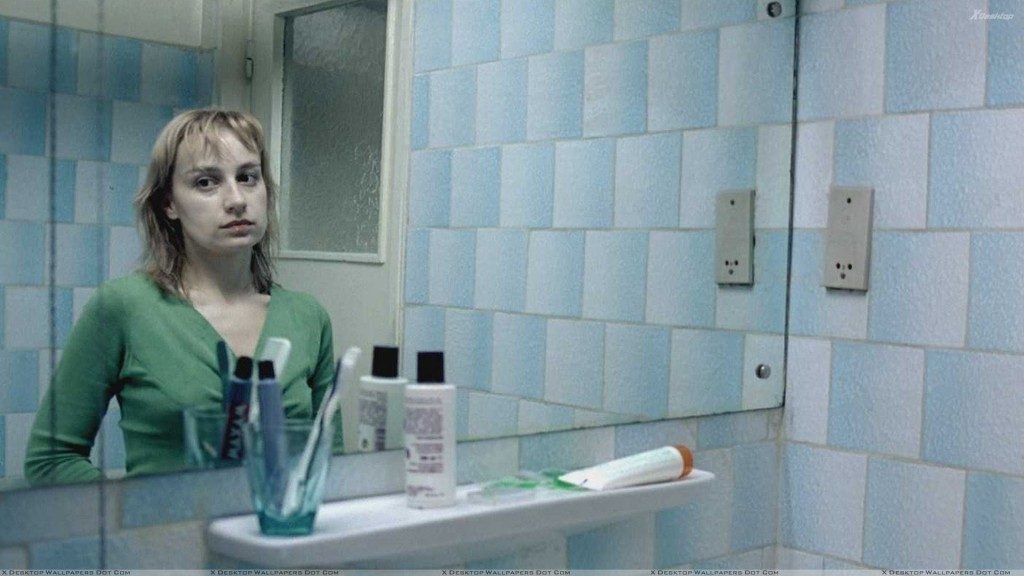
Cristian Mungu’s riveting drama tells the story of a woman who struggles to arrange an abortion for her friend in the communist torn Romania of the 80s. Tension mounts from scene one as Mungiu’s astute focus on his characters along with some tight, calculated camera placements pull you right into the film. The film does not have a musical score and Munigu uses that to give the film a very authentic tone. Every single scene is crafted with astonishing perfection and the kind of hyper-realistic feel Mungiu infuses the film with is unsettling beyond words. This is as powerful and emotionally raw as cinema can ever get.
5. The White Ribbon (2009)
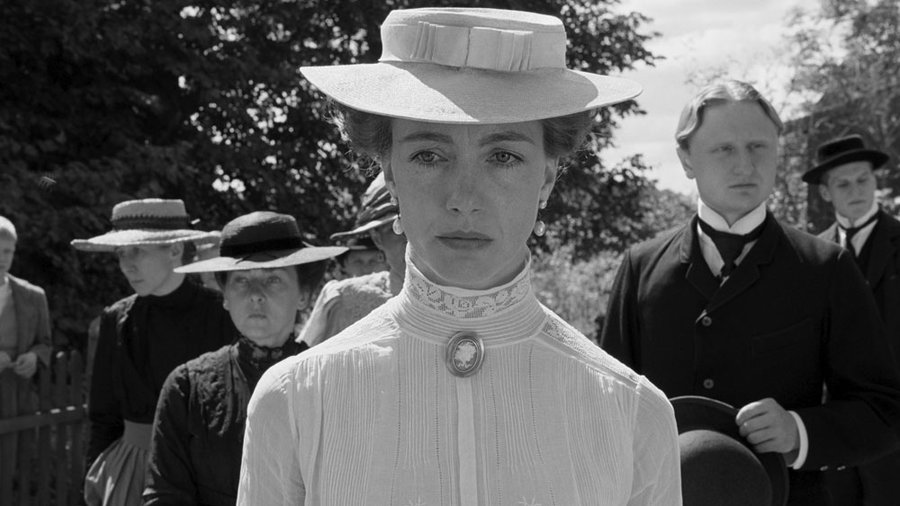
The great Austrian auteur Michael Haneke’s work has often put off many due to his cold approach and dreadful pessimism. But a lot of his characters, despite appearing to be downright bad and obnoxious, are extremely layered and emotional on the inside. His 2009 Palme D’Or winner ‘The White Ribbon’ is perhaps the most philosophically ambitious and thematically challenging work he’s ever done so far. It depicts the lives of people living in a village in early20th century Germany. The cinematography is exquisite and shot entirely in gorgeous black and white which creates a very authentic atmosphere for the film as Haneke crafts a richly thought provoking piece of art that haunts you long after the credits have rolled out.
4. Once Upon a Time in Anatolia (2011)
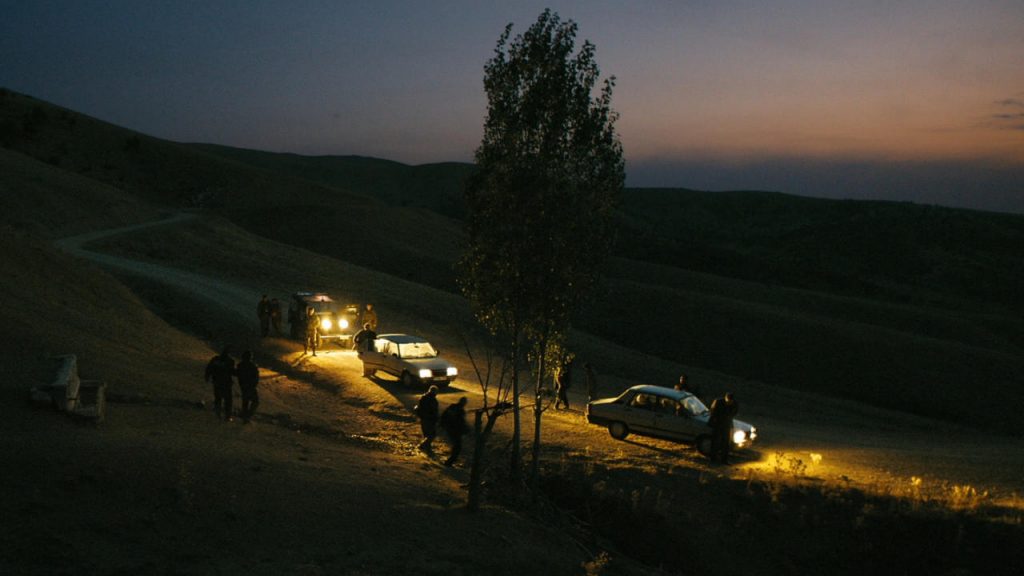
Turkish auteur Nuri Bilge Ceylan is unarguably one of the finest filmmakers working in cinema today. Ceylan possesses the simplicity of Abbas Kiarostami, the poetic elegance of Andrei Tarkovsky and the humanity of Theo Angelopoulos. And ‘Once Upon a Time in Anatolia’ is an exquisite blend of these elements as Ceylan crafts one of cinema’s most endearing, hypnotic masterpieces. ‘Once Upon a Time in Anatolia’ does not use a score and instead uses the sounds of nature that lets us breathe in on the spaces between the characters. The lack of music perfectly plays out to the realistic setting and subtly melancholic tone of the film as Ceylan invites you to be part of his world. It’s an incredibly profound experience that leaves you astonished at the sheer humanity of a filmmaker who would go down as one of cinema’s all time greats in the years to come.
3. About Elly (2009)
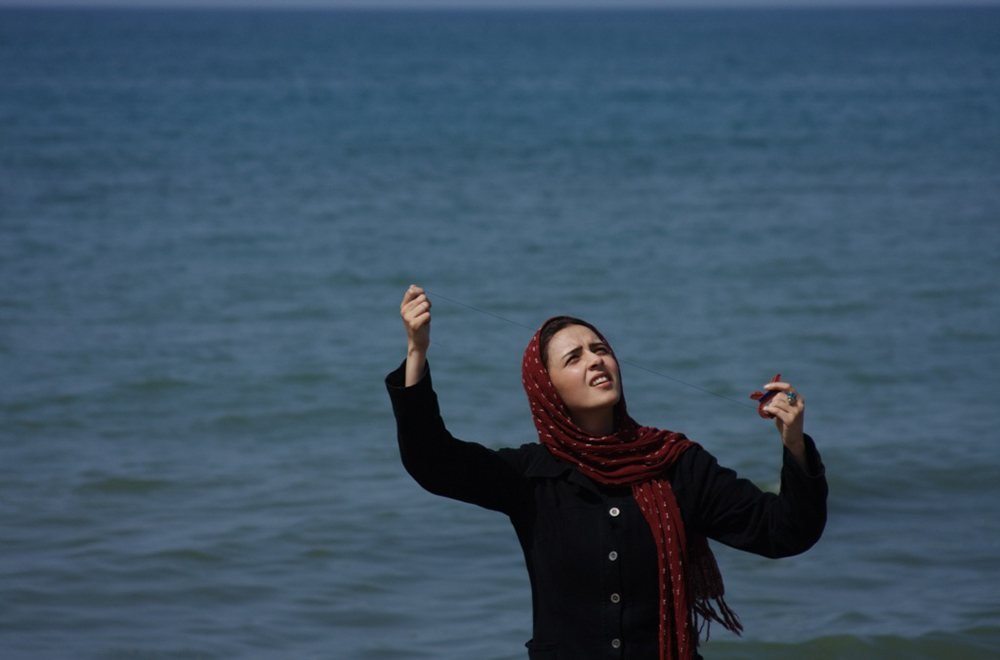
Asghar Farhadi’s haunting mystery drama engages you, keeps you on the edge of your seats and devastates you without the faintest of melodies. The sound of the sea creates a feeling of unspeakable terror that engulfs the film in no time. Inspired by Michelangelo Antonioni’s classic mystery drama, ‘L’Avventura’, Farhadi uses the mystery element of the film to explore the dark facets of the human nature. In the quest for truth, the characters reveal about themselves as the film becomes more about its characters than the mystery itself. ‘About Elly’ is a devastating experience that would come back to haunt you over and over again.
2. The Wind Will Carry Us (1999)

One of the many masterpieces that Abbas Kiarostami crafted in his long yet so short career, ‘The Wind Will Carry Us’ is a profound cinematic exhibition of raw, endearing humanity. With a minimalist plot that follows a group of journalists who arrive in a Kurdish village to cover the death of an old woman, Kiarostami crafts a truly liberating piece of art that transcends the boundaries of conventionality. Kiarostami abandons the use of a traditional musical score as it gives you a sense of being transported into the gorgeous world he’s created, filled with beautiful landscapes that play a part as significant as the story and characters in the film.
1. Cache (2005)
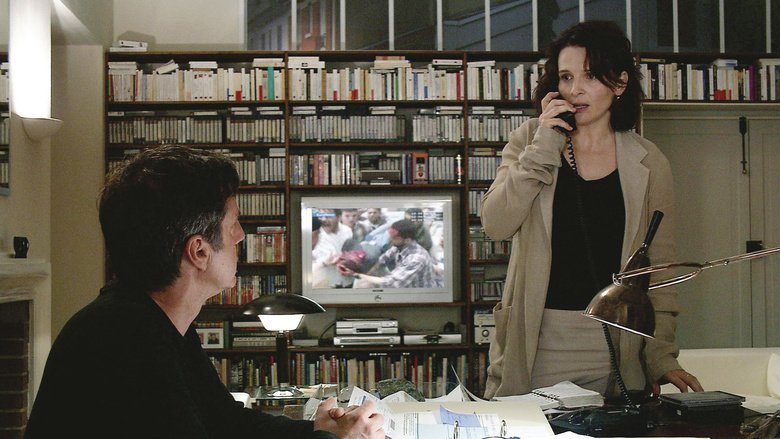
Michael Haneke’s stone cold masterpiece is a film that takes the form of a thriller but goes far beyond what a genre could ever contain. Described by Roger Ebert as an implosive psychological thriller, ‘Cache’ focuses on a couple terrorised by a series of anonymous video tapes delivered at their doorstep. The tension in the film does not explode but what Haneke does here goes truly beyond a traditional whodunit flick. The film has no score and much of the film consists of ambiguous shots with no clear perspective provided to each scene. ‘Cache’ redefines cinema and storytelling in a way you could hardly ever imagine.
Read More: Best Minimalistic Movies

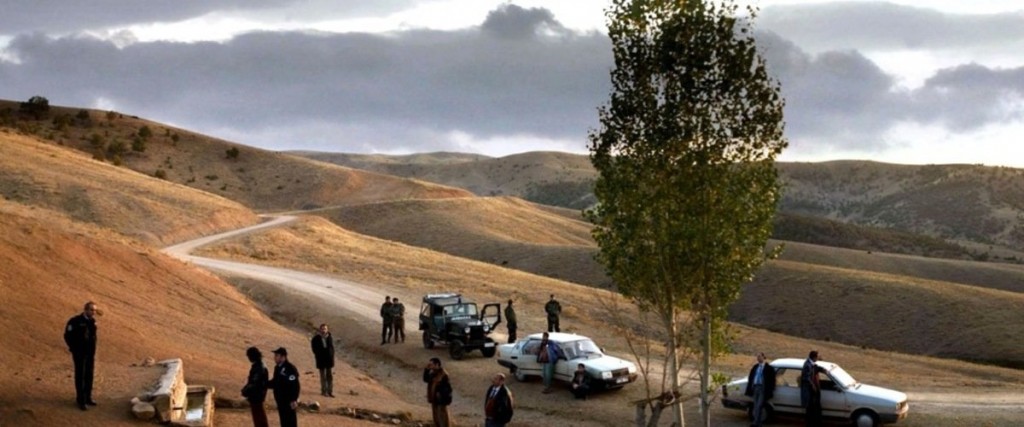
You must be logged in to post a comment.